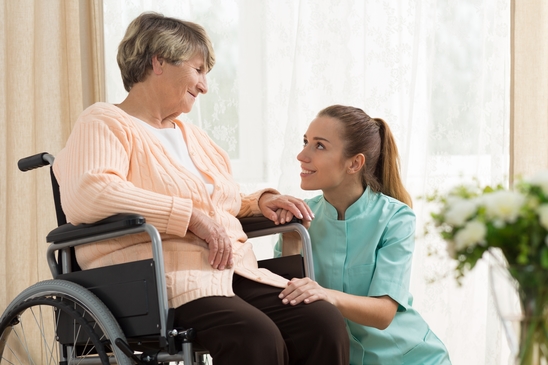Post-Acute Cardiac Care
The Cardiac Care program is designed to rehabilitate people who have various heart conditions. It includes closely monitored exercise sessions and educational classes on heart related topics.
Cardiology Program Highlights
- Care Team has completed extensive training in cardiac conditions and early warning signs of exacerbation
- Alerts and action plans embedded in the Electronic Health Record
- Portable Oxygen facilitation
- Life Vest Monitoring
- Mobility and independence optimization
- Automatic External Defibrillation
- Anticoagulation therapy
- Congestive Heart Failure InterAct Pathway
Physicians referring to this program are kept up to date on the rehab status of their patients.
Rehab for Cardiac patients is intended for any person who has/had:
- A heart attack
- Heart surgery or angioplasty
- Angina (chest pain)
- A high risk for developing heart disease (Other heart concerns may also apply)
The Program Includes:
- Complete history and physical, treadmill exercise test and heart monitoring test.
- Three individualized one hour exercise sessions each week under lose supervision.
- Using the Teach-back Method, patients are educated about heart related topics including nutrition, exercise, smoking cessation, stress management, cardiovascular risk factors, anatomy and physiology of the heart and more.
The ultimate goal of Cardiopulmonary Rehab is to help reduce your risk of future cardiac / pulmonary events and to improve your health. While each person’s experience is unique, there are some common benefits experienced by most rehab participants, including:
- Strengthening and conditioning of heart and lungs
- Controlling weight and lowering total cholesterol levels
- Improved overall health by reducing risk factors
- Increased knowledge of heart disease
- Improved heart healthy lifestyle and nutrition choices
- Decreased need for medications to treat heart or chest pain
- Improved physical fitness and exercise tolerance
- Decreased anxiety and depression
- Improved confidence to return to work or leisure activities
- Improved understanding of medications, the signs and symptoms of heart disease and when to seek medical attention

